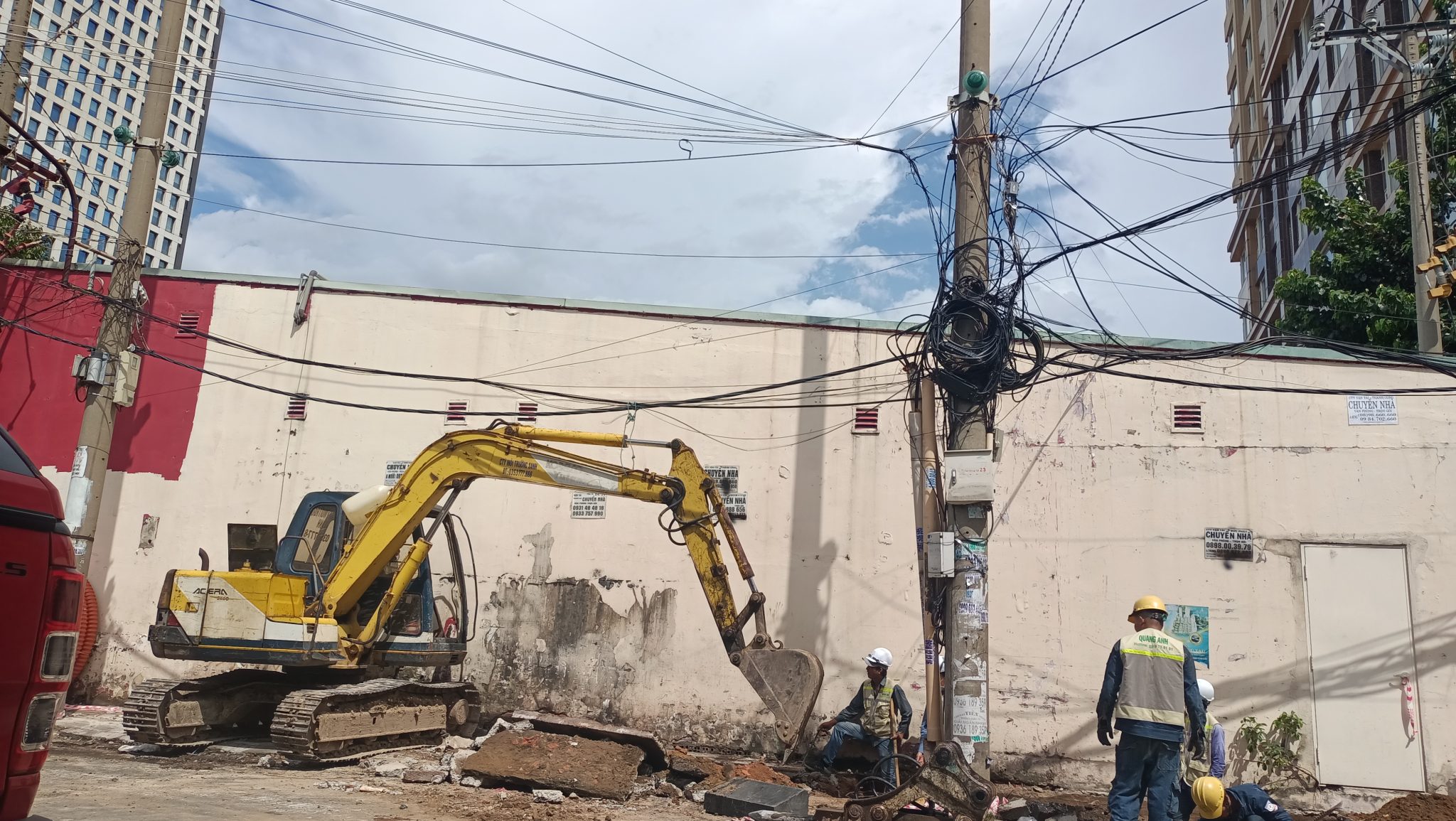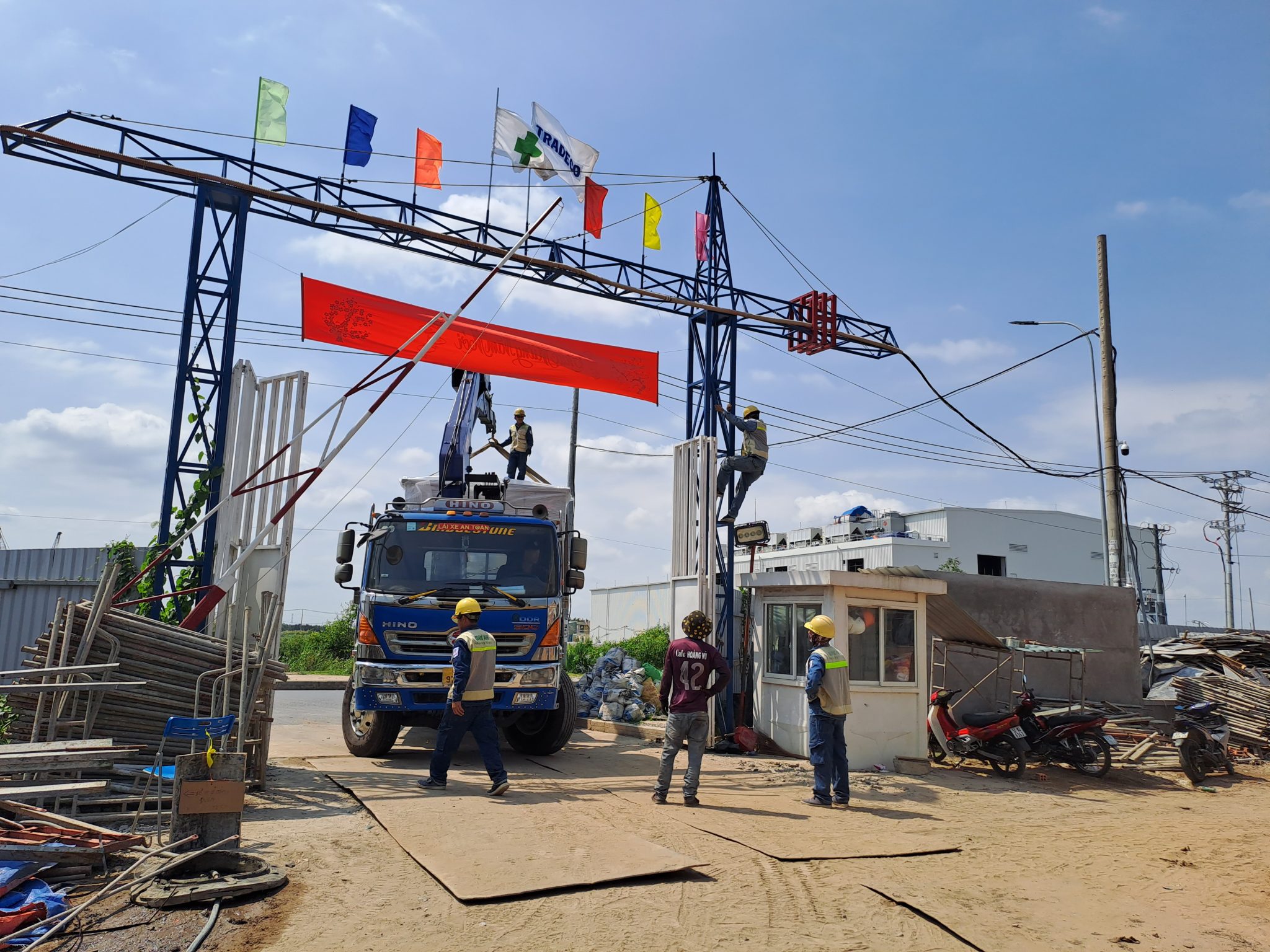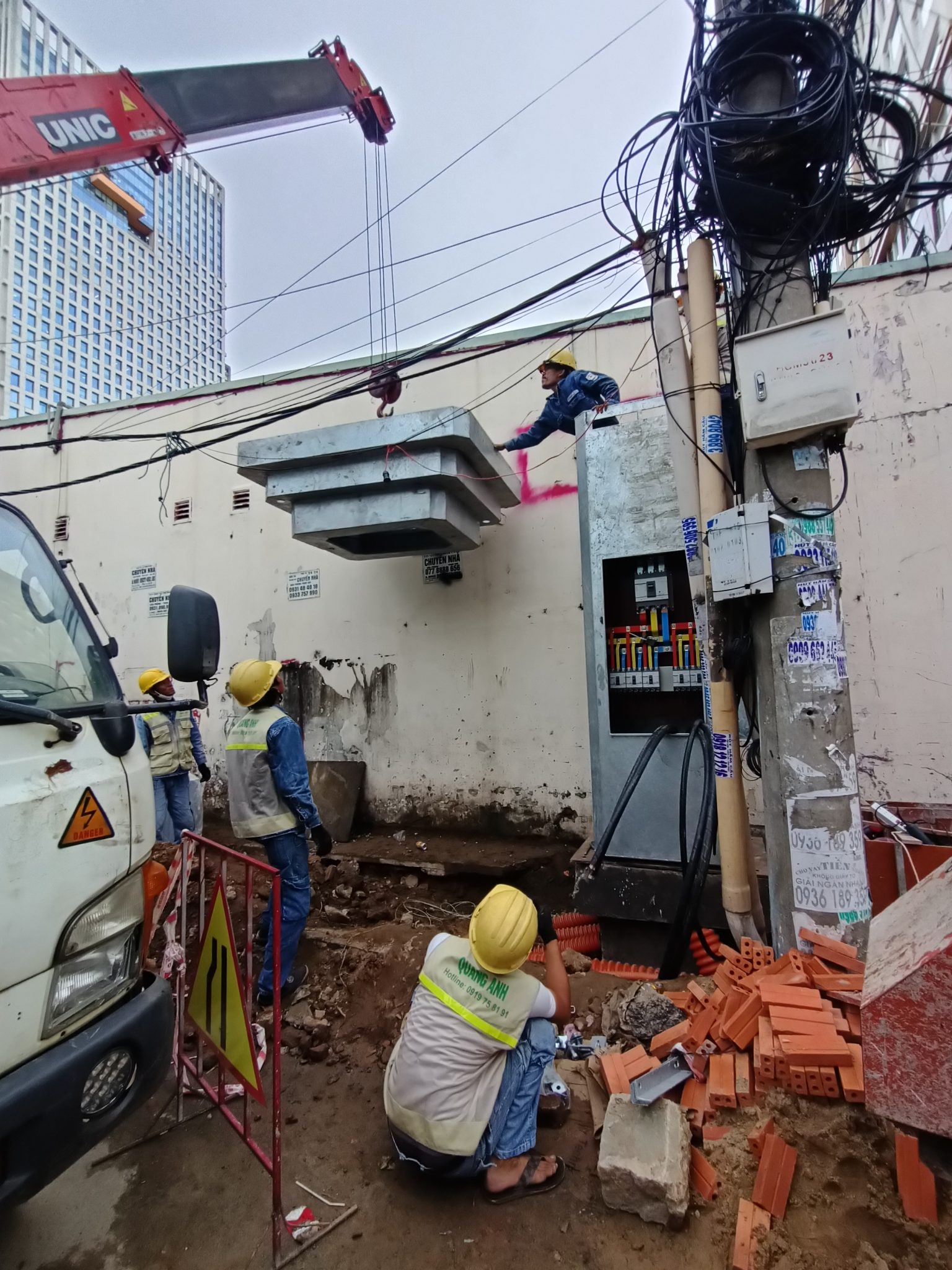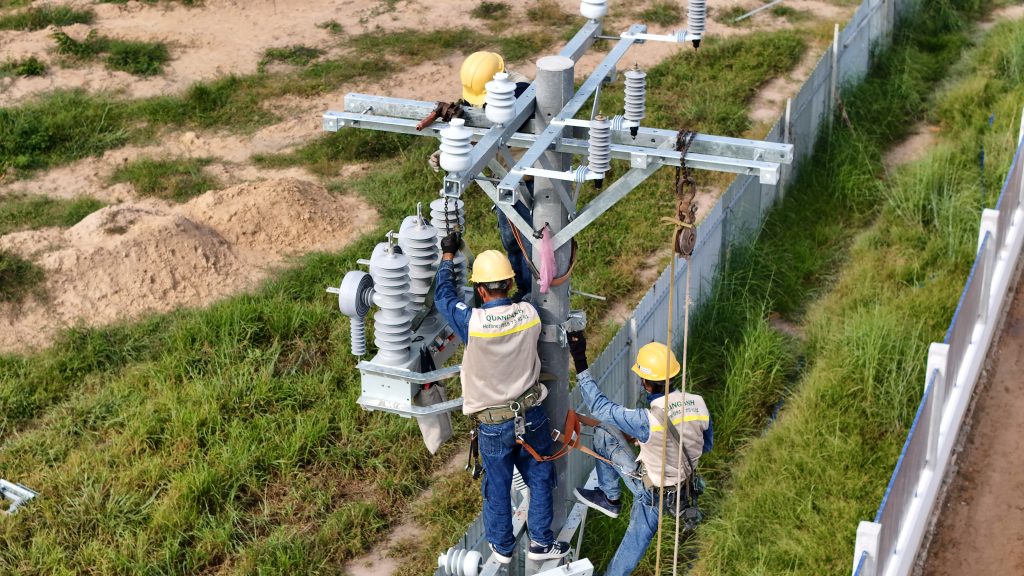News
MEP General Contractor and Applications in Construction Projects
MEP general contractors play a crucial role in the design, installation, and management of electrical systems in construction projects, ensuring optimal operational efficiency and safety.
Effective Design and Installation of MEP Systems
The design and installation of MEP systems are core elements in construction projects. MEP general contractors ensure seamless integration of electrical, HVAC, water supply, and fire safety systems. With an essential role in projects, the contractor helps optimize costs, enhance operational efficiency, and ensure safety for the project.
In modern construction, effective design and installation of MEP systems are critical to ensure stable and sustainable operations. This process needs to be executed through scientific and meticulous stages.
-
Site Survey and Technical Assessment
Prior to commencement, surveying the construction site and assessing technical requirements are crucial to ensure the design of MEP systems is suitable and feasible.
-
Planning and Detailed Design
The detailed planning process includes engineering drawings and selecting equipment for HVAC, electrical, and water systems to ensure stability and smooth operation according to project size and industry specifics.
-
Approval and Advanced Technology Integration
Designs must be approved by stakeholders to ensure accuracy, while applying BIM technology to effectively coordinate construction execution.
-
Operational Optimization and Maintenance
Integrating automation systems helps optimize operation and energy savings, ensuring MEP systems function efficiently and stably in the long term.
-
Important Technical Aspects of Each System
- Electrical System: Clear division of heavy and light electrical loads to ensure safety and conformity with standards.
- Mechanical and HVAC System: Design must meet ventilation and air conditioning needs, suitable for the building environment.
- Water Supply and Drainage System: Design ensures an effective supply and treatment of clean water, complying with environmental safety standards.
-
Adapting to Project Characteristics and Industry
System design should carefully consider industry-specific characteristics and investor requirements to optimize costs and maintenance.
-
Managing Project Schedule, Budget, and Quality
Tight management of schedule and budget ensures design and installation efficiency, safety, and market demand fulfillment.
Efficient design and installation of MEP systems rely not only on advanced technologies but also require a deep understanding of technical demands and peculiarities of each project. In competitive scenarios, applying technologies such as BIM and automation in MEP structures will enhance productivity and efficiency.

Efficient Management and Maintenance of Electrical Systems
Management and maintenance of electrical systems are critical in sustaining long-term equipment operation. MEP general contractors provide comprehensive management services, from operation supervision to periodic maintenance, ensuring systems always operate safely, efficiently, and cost-effectively for investors.
For stable and optimal operation of electrical systems, structured management and maintenance are necessary. A clear understanding of the construction and operation principles of electrical systems is the first important step. This ensures equipment operates in stable conditions, avoiding unnecessary stresses.
The Process of Managing Electrical System Maintenance:
- Understanding and Proper Operation: Mastering the construction and operational principles of electrical systems helps minimize damages from stress or physical fluctuations.
- Continuous Monitoring and Configuration Check: Monitoring key indicators such as voltage, current, pressure, and temperature is necessary to ensure systems always operate within safe limits.
- Periodic Maintenance and Cleaning: Regularly inspect and clean mechanical and electrical parts such as filters, belts, and cooling systems to keep equipment running smoothly and extend its lifespan.
- Predictive Maintenance and Monitoring Application: Use sensors and measurement technologies to monitor device status, combining with data analysis to forecast maintenance schedules.
- Quick and Safe Incident Handling: Ensure plans are in place to promptly categorize and address incidents like electrical shorts to minimize losses and document detailed incident reports afterward.
- Employee Training and Documentation: Ensure employees receive full training on operational techniques and safety, while maintaining activity logs and maintenance records to perfect management systems.
In terms of maintenance methods, periodic maintenance can be applied to check and maintain key components, reactive maintenance when an incident occurs, and predictive maintenance based on monitoring and data analysis. This helps maintain reliability and optimize the performance of electrical systems. By combining scientific management and modern technologies, electrical systems will be effectively maintained, extending equipment life and optimizing long-term operation.

Advanced Technologies and Solutions in MEP
The development of information technology has positively changed the way MEP systems are managed and operated. Advanced technologies such as smart control systems and IoT solutions are applied by MEP general contractors to optimize monitoring, reduce operating costs, and enhance energy management for projects.
In the rapidly developing construction industry context, advanced technologies in MEP systems play vital roles in optimizing efficiency and sustainability. One of the prominent technological platforms is the application of IoT (Internet of Things), allowing automatic monitoring and control of MEP equipment through smart sensors. These sensors collect real-time data, helping engineers analyze and adjust to increase operational efficiency while supporting periodic maintenance and energy savings.
Additionally, integrating automation systems and AI (Artificial Intelligence) holds a key role in maximizing the efficiency of MEP systems. MEP Automation offers self-regulation capabilities to optimize equipment operations, while AI takes on data analysis from IoT to forecast issues and plan effective maintenance schedules.
Equally important, the application of BIM (Building Information Modeling) in MEP is revolutionizing the design and construction process. BIM allows for the creation of detailed 3D models along with full technical information, aiding engineers in detecting and addressing design conflicts early, thus optimizing coordination and minimizing construction errors.
Green technology is also an indispensable trend in modern MEP, with energy-saving and renewable energy devices like solar and wind power. These solutions help improve energy efficiency and reduce negative environmental impacts.
Finally, safety and environmental protection cannot be overlooked. Integrating safety measures in fire protection, escape plans, and pollution control are essential steps to ensure sustainable and safe operations for users. All these technologies and solutions together contribute to building intelligent, efficient, and environmentally friendly electrical systems.

MEP general contractors not only integrate consistent technical systems but also optimize costs, operational efficiency, and safety for projects. The application of intelligent technological solutions provides numerous outstanding benefits, in line with modern trends.
Contact QuangAnhcons via Hotline: +84 9 1975 8191 for professional MEP general contractor services consultation and provision.
QuangAnhcons offers MEP general contractor services, including design, installation, maintenance, and management of electrical systems, focusing on optimizing efficiency and safety for projects.

 Tiếng Việt
Tiếng Việt 简体中文
简体中文 Deutsch
Deutsch 日本語
日本語 한국어
한국어 ไทย
ไทย Русский
Русский Français
Français
